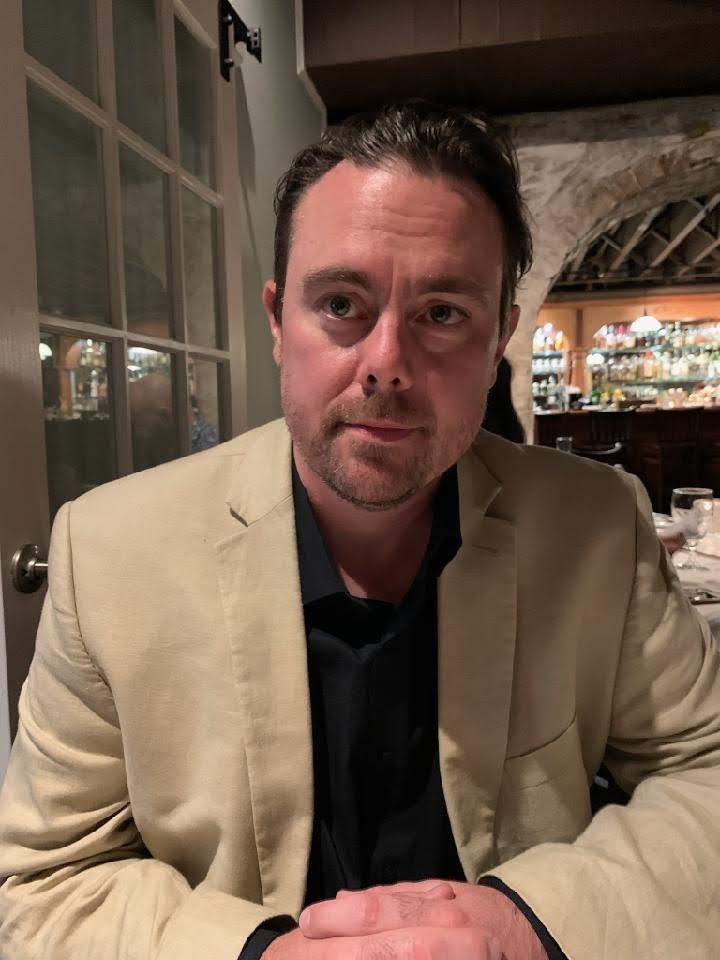Greetings! My name is Philip Pellino and I am a new CHI Fellow for the 2023-2024 academic year. I am currently a 5th year Ph.D candidate in the Department of Linguistics, Languages and Cultures here at Michigan State University. I prefer to think of myself as just a Linguist but truth be told, I’m much more competent in certain areas than others. I spend the most time thinking about how the Syntactic processes of languages (those responsible for taking words and turning them into phrases) interact with Semantic processes (those responsible for taking meaningful pieces and combining them to form larger and more complex meaningful objects). In turn, I think a lot about what speakers then do with these constructions: how are the things we say (utterances) employed to convey the meaning that speakers intend—an area called Pragmatics. My current research projects primarily center around issues having to do with Negation, Focus and Not-at-issue content (presuppositions, implicatures, and backgrounded entailments).
[If you don’t know anything about Linguistics and want a book that you can actually read, learn from and is fun, then I highly recommend: Baker, Mark C. (2002) The Atoms of Language. Basic Books. ISBN-13 9780465005222. While a bit of an older book now, 21 years old, it’s still one of the best and most approachable books on the topic. It does everything that you want a book to do. It leaves you feeling smarter and provides you with interesting nuggets to dazzle others with at parties.]
In terms of applied linguistic research, I am interested in both Artificial Intelligence (AI) and Natural Language Processing (NLP). Specifically, I am interested in the extent to which AI systems can “understand” or “interpret” human languages and then do something constructive with that understanding. Of course, this means pondering technical puzzles such as how to model Discourse or Inference, and how to extract certain types of information from linguistic data. However, that is only a single dimension of the enterprise. Perhaps, even more critical is that one turns attention toward evaluating the purposefulness and societal benefits of such tools.
To pivot on that note a bit, the somewhat arcane nature of my primary area of scholarship, Linguistics, always keeps me searching for new methods by which I can improve upon my teaching and outreach work. My hope is that through the CHI Fellowship I can learn Digital and Computational Cultural Heritage techniques which will allow me to engage publicly with a project related to some of the topics I’ve mentioned above. I am honored to be in the company of such an accomplished and diverse cohort of scholars, and I look forward to writing here about some of my work this coming year.
